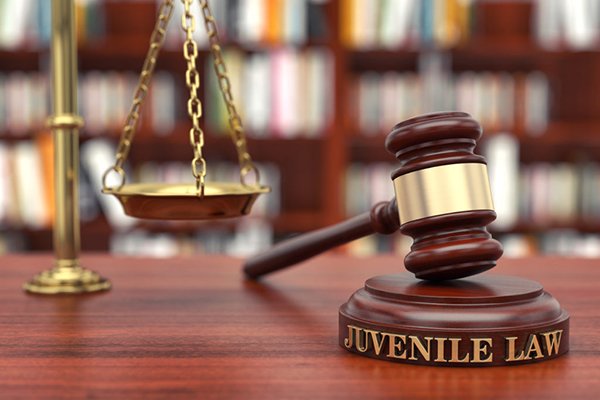
New Delhi: Children are the future of a country, its real wealth. There is a need to provide them a conducive, healthy environment to become a civilized citizen of a country. It has long been known that most adult criminals were involved in delinquent behavior as children and adolescents; most delinquent children and adolescents, however, do not grow up to be adult criminals.
Child or juvenile delinquency is an alarmingly increasing problem causing a source of concern all over the world. To address the issue, on Tuesday, April 6, 2021 National Service Scheme & Rotaract Club in association with School of Education, Apeejay Stya University organized an International Webinar on Juvenile Justice: Imperatives for Progress. Focus of the various events being organised by these cells of Apeejay Stya University are centred on philosophy of Mahatma Gandhi and SDGs 2030.
National Service Scheme & Rotaract Club in association with School of Education organised an International Webinar on Juvenile Justice: Imperatives for Progress with distinguished guest speaker Kristiana Kuneva.
Discussing the justice system and the challenges in Bulgaria, the chief guest–Kristiana Kuneva, who is a Research Officer in UNICEF said, “With scarcity of risk prevention strategies, the justice system in Bulgaria is not yet adapted to the rights and special needs of children for support and protection.”
Many participants from India, Bangladesh, Thailand, Venezuela, Philippines and other European countries have echoed a similar issue of influencing the systematic changes in a timely and efficient manner in the Juvenile Justice of their respective countries.
In India the scenario for children has changed a lot and their problems and related issues have been given attention and are being discussed at various forums. The question of providing proper protection and care to the children of such a big number is a challenge. A good number of our children on account of socio-economic reasons have been adding themselves in the list of delinquent child.
Children face the same obstacles in accessing justice and support as all the other citizens, but in addition, they are confronted with specific legal and social barriers due to their particular status as minors, Kristiana Kuneva mentioned.
Lack of timely and coordinated institutions reforms, discrepancy between law and practice, lack of societal sensitivity towards children in contact with the law are few challenges that Bulgaria is currently facing, she said.
Kristiana also said that there is an immediate need to abolish the law for combating anti-social behaviour of minors and adopt a new law for juvenile justice complaint with international standards. Developing a new system, integrated with the child protection system, children in conflict with the law, based on the professional staff (Judges, prosecutors, the police, social workers, etc) and regular training is the need of the hour, she stated.
Emphasising on the flexible mind-set of the children, Kristiana said, “When a child commits any crime their mental state is different than that of an adult, children have a flexible mind-set.”
Though every country has a Juvenile Justice Act and they have also amended it to make it modern and more particular but they must properly exercise it, the society must also support the Government to reduce juvenile crimes . The juvenile crimes are increasing which need to be focused and the Government must also look after the factors for which juvenile crimes are increasing and try to resolve them, the participants from different countries concluded.
